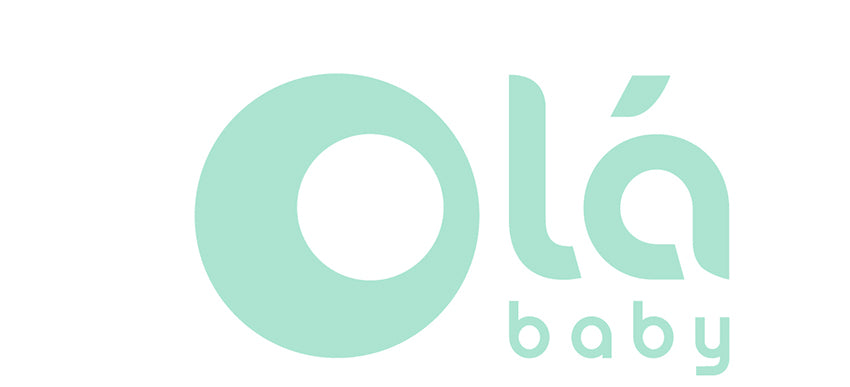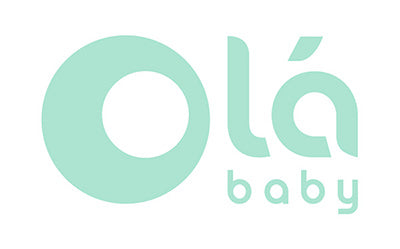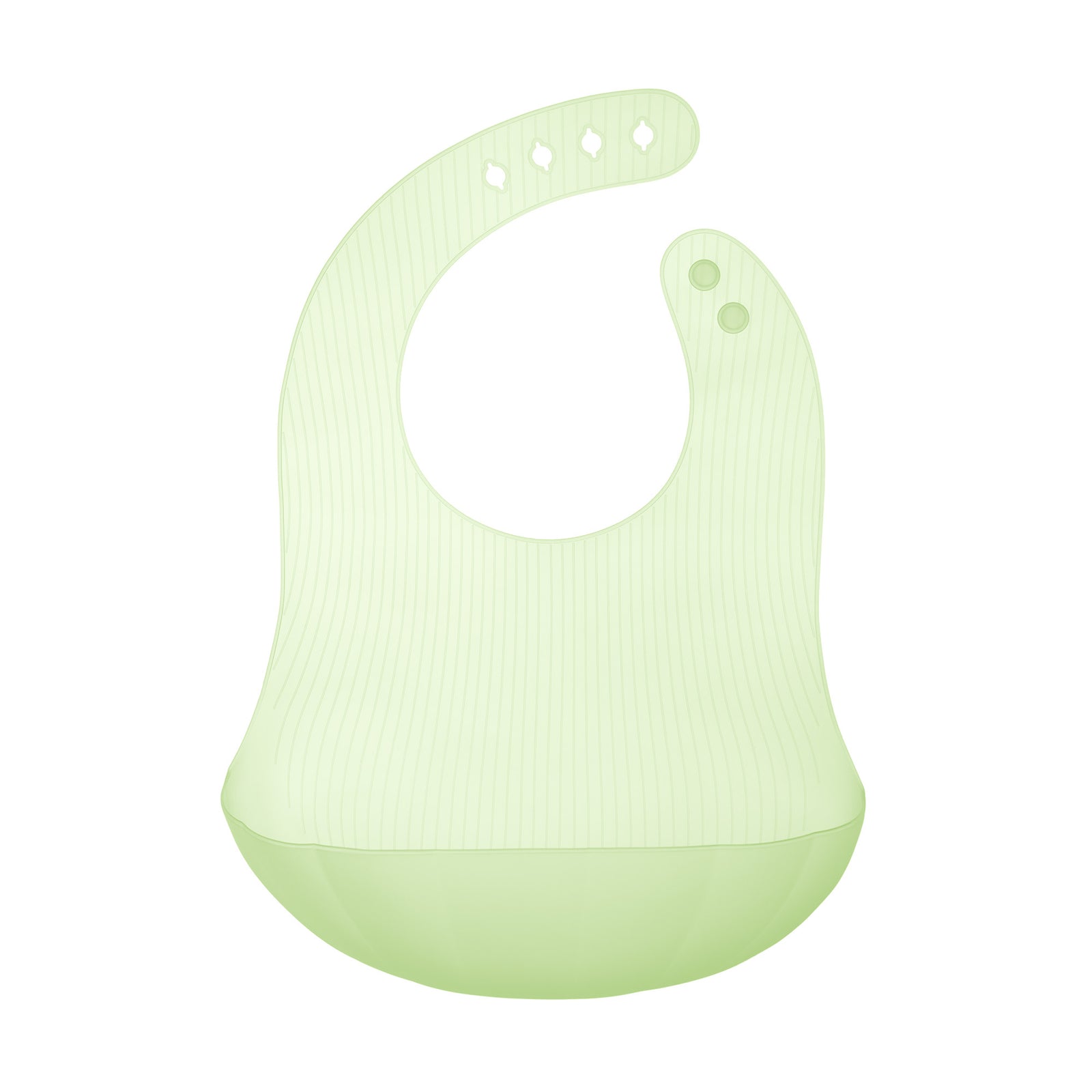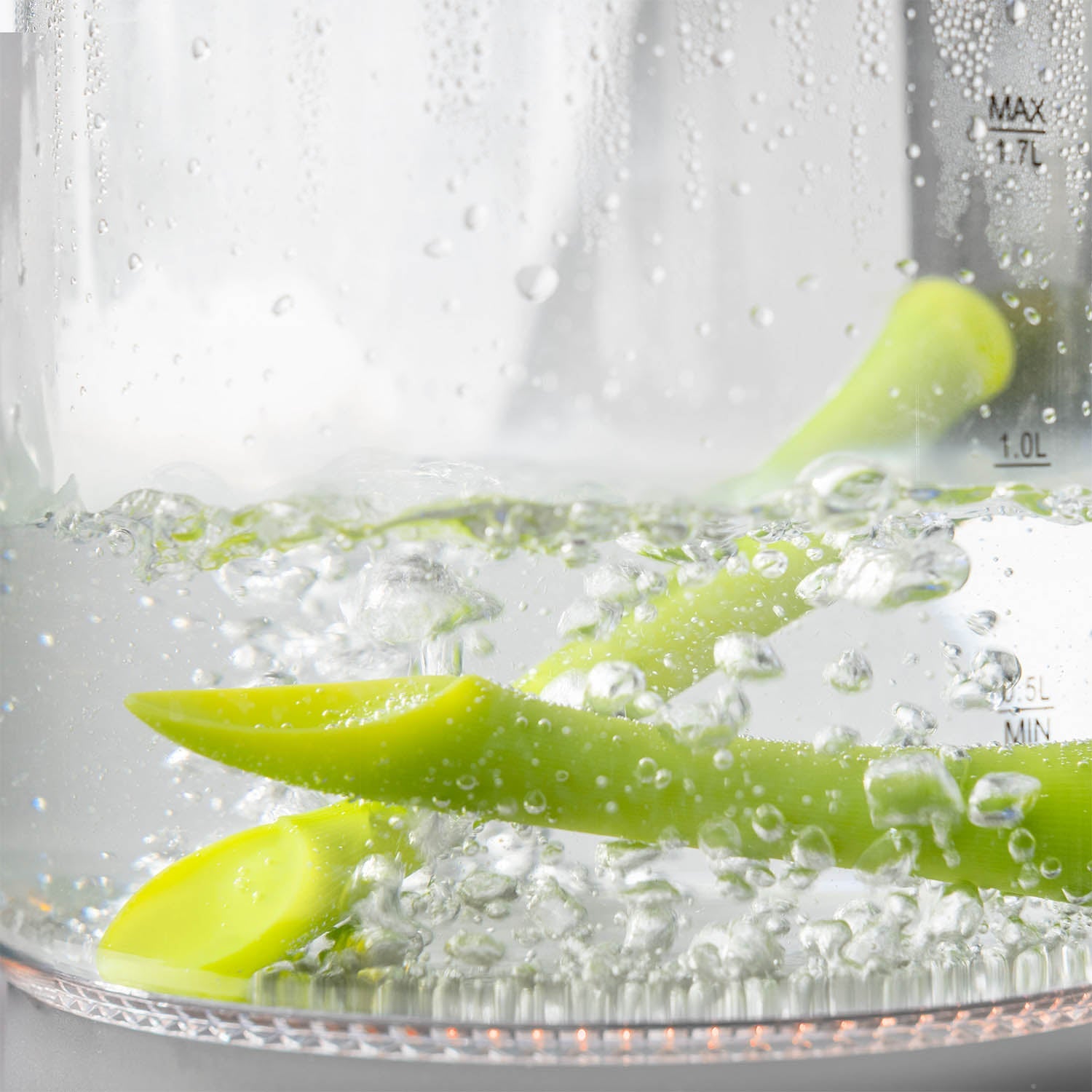Your due date is around the corner, and you are excited preparing everything for the most important day of your life. Also, your baby’s room is ready, you already have attended a birth prep, and your hospital bag is waiting for you next to the front door. However, you just realize you have no clue about breastfeeding. The only thing you are certain about is that you would like to nurse your baby for at least 6 months. It’s alright! Many things you will learn by doing, and this article will provide you with some key information, that will hopefully guide you along this beautiful journey.
Let’s get started!
Did you know that breastfeeding is one of the most effective ways to ensure your child’s long-term health and survival? It is 100% safe, clean and the “ideal” food for meeting the specific needs of your baby. It has the ability to adapt to the different stages of her/his growth and development, while providing nutrients and components with specific functions, as well as nutritional, immune, gastrointestinal and neurological protection. International health organizations highly recommended to exclusively breastfeed for about the first 6 months of your baby’s life with continued breastfeeding while introducing solids for 1-2 year(s) or longer.
The wonders of breast milk.
- Breast milk provides the energy and nutrients your baby will need during her/his first months of life. Furthermore, it continues to meet half or more of a child's nutritional needs during the second half of the first year, and up to a third during the second year of life.
- Even if the mother's diet is not the best, breast milk should always be the first choice for feeding your baby, as it will continue to provide various substances and nutrients that will benefit her/his health. However, you should pay attention to your diet! The more balanced and nutritious the mother's diet is, the better the quality of the milk will be.
- During breastfeeding, it’s normal that the mother's nutritional needs increase due to the secretion of nutrients in the breast milk to support your baby's growth and development. This could lead to nutritional deficiencies in both mother and child.
- If the mother has a poor nutritional status (especially in micronutrient like vitamin B (different types), D, A, and choline), the concentrations of these nutrients will also be low in breast milk, thus affecting your baby.
- In addition, milk production requires a greater expenditure of energy, so it’s important that the mother’s diet contains a variety of nutritious, dense, real foods, with sufficient water intake.
- While breastfeeding, you don’t need to avoid cow’s milk, egg, peanut or other allergenic foods. Latest studies have proven that the exclusion of these during pregnancy or lactation don’t prevent the development of atopic diseases in babies.
- It’s important that the mother’s diet is rich in fruits and vegetables, fish, and foods containing vitamin D, like the Mediterranean diet. This has proven to have a positive effect in lowering the risk for developing allergies in children

Learn to read your baby’s feeding cues.
You might be wondering how often you need to nurse your baby. The answer is very simple! It should be "on-demand". This on-demand feeding also called "Responsive Feeding" is very important.
Keep in mind that:
- All mothers and babies are different, so you will find together with your baby your own feeding pattern.
- Your newborn’s stomach capacity is very limited. This is one of the reasons why they make short, continuous shots at the beginning, but this will change as your baby grows and his body matures.
- Breastfeeding is not just about providing nutrients for your baby's growth and development. Skin-to-skin contact with the mother also provides security and peace of mind when your baby is not feeling well or she/he is going through different stages of growth.
Some last but not less important facts about breastfeeding and breast milk.
- Breast milk also supports your baby’s intestinal maturation and development, while offering a variety of useful bacteria for colonizing the intestinal microbiota, as well as food for them (i.e., prebiotics).
- It consists mainly of water (about 85%), followed by carbohydrates (lactose and oligosaccharides), fatty acids, protein, vitamins, minerals, various microorganisms, and bioactive components like antigen-specific B cells and immunoglobulin A.
- Breast milk is an extremely dynamic fluid that can change according to need/situation, (e.g., age, needs and sex of the baby, lifestyle and nutritional status of the mother, time of day, start or end of the same recording, genetic and environmental factors).
- Also, breast milk from women who deliver prematurely differs from that of women who deliver at term.
- Breast milk exposes your baby to the different aromas and flavors influenced by the mother’s diet, which could promote the acceptance and intake of new foods during complementary feeding, as well as influence the baby's food preferences.
The ability to breastfeed and produce this perfect food for your baby called breast milk is a life’s gift. However, you should be aware that the process isn’t always easy, and that there might be situations that may prevent you from exclusively breastfeeding or event from breastfeeding at all. Try your best, look for help if you feel you need it. In many cases the situation can be reverted, but don’t feel guilty if you need to complement or quit breastfeeding. Infant formulas are a great substitute for breast milk and think that more than breast milk your baby needs a happy mom that is there for meeting all her/his essential needs.
References:
Breastfeeding. (2019, 11. November). World Health Organization. https://www.who.int/health-topics/breastfeeding#tab=tab_1
NHS website. (2020, 5. March). Your breastfeeding questions answered. nhs.uk. https://www.nhs.uk/conditions/baby/breastfeeding-and-bottle-feeding/breastfeeding/your-questions-answered/
Greer, F. R., Sicherer, S. H. & Burks, A. W. (2019). The Effects of Early Nutritional Interventions on the Development of Atopic Disease in Infants and Children: The Role of Maternal Dietary Restriction, Breastfeeding, Hydrolyzed Formulas, and Timing of Introduction of Allergenic Complementary Foods. Pediatrics, 143 (4), e20190281. https://doi.org/10.1542/peds.2019-0281
Ballard, O. & Morrow, A. L. (2013). Human Milk Composition. Pediatric Clinics of North America, 60(1), 49–74. https://doi.org/10.1016/j.pcl.2012.10.002
Breast Milk Macronutrient Components in Prolonged Lactation. (2018, 1. December). PubMed Central (PMC). https://www.ncbi.nlm.nih.gov/pmc/articles/PMC6316538/
Allen, L. H. (2012). B Vitamins in Breast Milk: Relative Importance of Maternal Status and Intake, and Effects on Infant Status and function. Advances in Nutrition, 3(3), 362–369. https://doi.org/10.3945/an.111.001172







